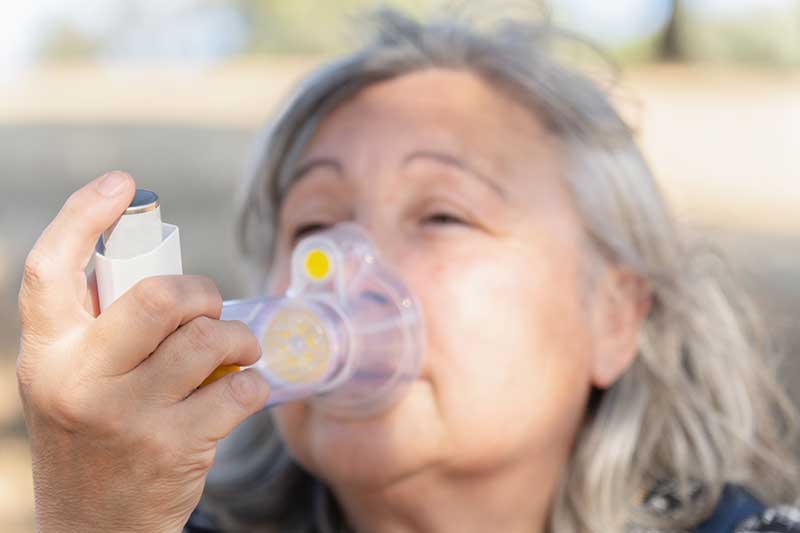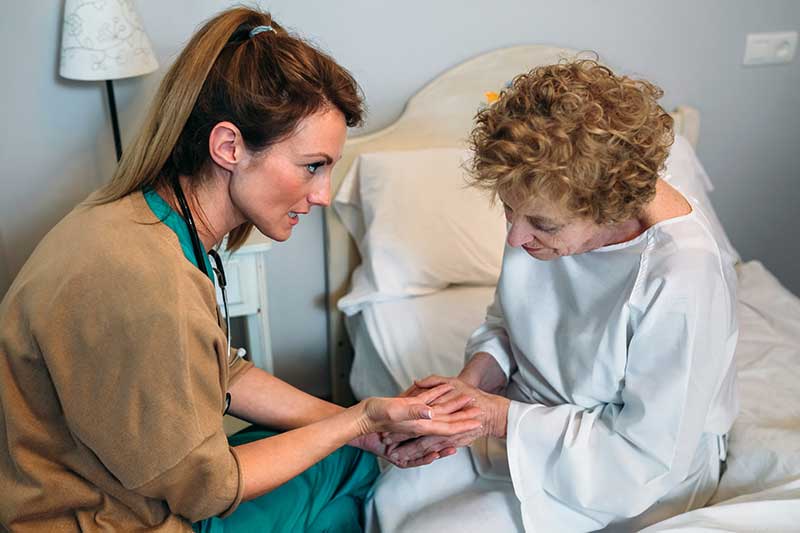Palliative care and hospice care are two closely related approaches to treatment that focus on improving the quality of life for patients facing life-limiting illnesses. While they share common goals, their integration is particularly seamless in hospice settings, where the principles of palliative care are fundamental to providing compassionate, patient-centered care. This blog post explores how palliative care principles are integrated into hospice care, enhancing comfort and supporting the physical, emotional, and spiritual well-being of terminally ill patients.
Understanding Palliative Care within Hospice
Palliative care is a specialized area of healthcare that focuses on relieving pain and other distressing symptoms of a serious illness, regardless of the diagnosis or stage of the disease. Its primary aim is to improve quality of life for both the patient and their family. When it comes to hospice care, which is reserved for patients who are nearing the end of life, palliative care becomes the cornerstone of treatment. Unlike traditional medical care, the goal is not to cure the illness but to offer relief from symptoms and stress.
Physical Comfort and Symptom Management
One of the most critical aspects of integrating palliative care into hospice is the management of physical symptoms such as pain, nausea, breathlessness, and fatigue. Hospice care teams are skilled in advanced pain management techniques, employing medications, physical therapies, and alternative methods like massage, acupuncture, and aromatherapy to alleviate discomfort. This holistic approach ensures that patients can spend their final days with dignity and as little pain as possible.
Emotional and Psychological Support
Palliative care also addresses the emotional and psychological needs of terminally ill patients and their families. Hospice teams are equipped to provide counseling, help patients cope with the fear and anxiety associated with end-of-life issues, and offer emotional support to families grieving impending loss. This care extends beyond the patient, helping families navigate the complex emotions and decisions they face during this challenging time.
Spiritual Care
Recognizing that end-of-life care is not only about managing physical symptoms but also about providing spiritual comfort, palliative care in hospice often includes spiritual support tailored to individual beliefs and preferences. Whether through chaplain services, spiritual counseling, or facilitating rituals that are meaningful to the patient and their family, this care is integral in fostering peace and comfort for those at the end of life.
Social Support and Family Involvement
In hospice, the integration of palliative care principles also emphasizes the importance of social support and family involvement. Social workers and hospice staff work closely with families to ensure they are an integral part of the care process, providing education about the disease progression and what to expect, and assisting in the creation of a supportive environment around the patient.
The integration of palliative care principles into hospice is not merely an addition to end-of-life care; it is its foundation. By focusing on comfort, dignity, and relief of suffering, hospice care ensures that patients’ final days are as peaceful as possible. This approach not only enhances the quality of life for terminally ill patients but also provides invaluable support to their families during one of life’s most difficult journeys. As we continue to advance in medical care, the role of palliative care in hospice remains a beacon of compassion and human-centered care in our healthcare system.












